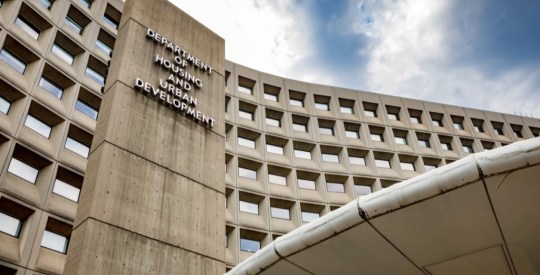The housing market is quite fragile and if government policy doesn’t change, 20% of American homeowners — roughly 11 million — are in danger of losing their home, according to Amherst Mortgage Insight. Analysts in the firm’s MBS Strategy Group said principal reductions that “re-equify the borrower” could help raise the rate of mortgage modifications and limit the number of foreclosures. “The moral hazard (strategic default issue) must be addressed by first recognizing it as an economic issue, not a moral one,” analysts wrote in a research note issued Friday. “The costs of default must be made explicit.” Amherst said policy actions are also necessary on the demand side to provide leverage for real estate investors and “increasing credit availability on prudent terms to borrowers with less than pristine credit.” The recent drop in the number of delinquent loans isn’t a harbinger of better times, according to analysts. The decline “simply reflects large-scale modification activity” because once the principal of a loan is forgiven, the mortgage is no longer delinquent. “Modifications are being flagged ‘current,’ but often with no cash flow from the borrower,” the analysts said. “After all, ‘current’ means the borrower doesn’t have any outstanding past due payments – if these are forgiven then ‘poof!’ the borrower is ‘current.'” Amherst suggests possibly reclassifying these mortgages as “dirty current.” Many of the modified loans are failing and returning to the 30+ bucket, which remains large despite modest improvements in the reported percentage of non-performing bucket, according to analysts. And “most of those loans can be expected to eventually liquidate.” Write to Jason Philyaw.
Amherst: Principal reductions could “re-equify” 11m in imminent default
Most Popular Articles
Latest Articles
New HUD rule aims to increase lender participation in tribal housing program
HUD says the new rule is designed to increase and streamline Native American borrowers’ access to homeownership.



